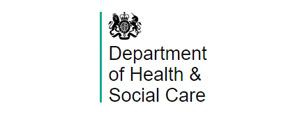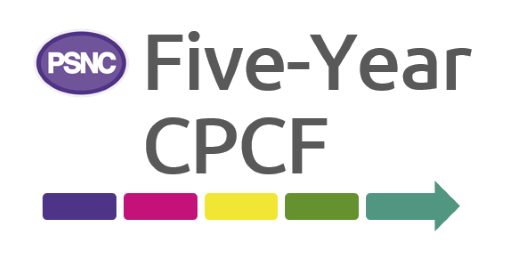Smoking Cessation Service start date announced
UPDATE: The final version of the SCS service specification has now been published on the NHS England and NHS Improvement website.
It has been announced that the new Smoking Cessation Service (SCS) will officially commence on 10th March 2022, with community pharmacy contractors being able to register to provide the service on the NHS Business Services Authority’s (NHSBSA) Manage Your Service (MYS) portal from 1st March 2022.
The service is the second of the two new Advanced services to be introduced this financial year (the first being the Hypertension case-finding service) as one of the agreed outcomes from negotiations for Year 3 of the Community Pharmacy Contractual Framework.
A draft* version of the SCS service specification has been published on the NHSBSA website.
PSNC has also published the following resources to support contractors to consider whether to provide the service and to support them to implement it, where they choose to do so:
- PSNC Briefing 008/22: Guidance on the Smoking Cessation Service;
- PSNC Briefing 007/22: Contractor checklist – implementing the Smoking Cessation Service;
- PSNC Briefing 006/22: Briefing for pharmacy teams on the Smoking Cessation Service; and
- Contractor letter / email template to GP practice about the Smoking Cessation Service.
PSNC’s SCS website page has been updated, including frequently asked questions about the service, and a recorded presentation on the service will be published shortly.
Deciding whether to provide the service
Since the SCS is an Advanced service, contractors are free to choose if they will provide the service and when they will start providing it.
At the time of launch, most contractors will be busy completing work for the Pharmacy Quality Scheme 2021/22 alongside winter-related workload. Starting provision of the Hypertension case-finding service is also likely to be a focus which may mean they may not immediately have time to implement the service.
NHS trusts currently have their focus on recovery following COVID-19 and consequently they will not all immediately start to make referrals to the service; NHSE&I expect most to be making referrals within two years from the commencement date.
Contractors will therefore need to consider the likelihood that they will receive sufficient referrals to make provision of the service practical and worthwhile. The starting point in making that assessment should be determining whether local NHS trusts are already making referrals to pharmacies; your Local Pharmaceutical Committee will probably be able to advise you on that. Where trusts have not yet started to make referrals, LPCs may similarly have information available on the likely timing of them commencing over the next couple of years. However, it may take a little while for this information to become available at a local level, as many Trusts are only at the beginning of their journey to implement the Ottawa stop smoking model for their inpatients, so firm dates may not yet be available.
The service must be provided by a pharmacist, due to the current rules on exemptions for VAT, but DHSC is working with HM Revenue & Customs to explore whether those rules can be amended to allow support staff to provide the service in the future. Where stop smoking services are commissioned locally, they can frequently be provided by support staff, with clinical supervision from the pharmacist. We hope that changes to the VAT rules will in time allow that approach with the SCS, which again may have a bearing on the optimal time for individual contractors to start to provide the service.
Commenting on the rollout of the service, Alastair Buxton, Director of NHS Services, PSNC said:
“Community pharmacy has a long record of supporting people to stop smoking, including through locally commissioned services. This is an enormously important intervention to improve the health of individuals and to tackle health inequalities within our society.
“In addition to allowing pharmacies to help more individuals, the SCS has a strategic importance within the CPCF: it is another clear demonstration of how community pharmacy can support the health of the nation, collaborate with NHS trusts and support the future sustainability of the NHS. It will also help to further integrate pharmacies into wider healthcare pathways, in line with NHS ambitions.
“We are, however, within the early days of the rollout of the Ottawa model within hospitals, so there will be no big-bang start for the service and it will likely take two years for referrals to reach a steady state. Contractors must bear that in mind, as well as the local situation with their nearby hospitals, when deciding whether to provide the service.”
* The service specification is currently working its way through the NHSE&I publications approval process and the final version will be published shortly; contractors can use the contents of the draft service specification to consider and plan their engagement with the service.









